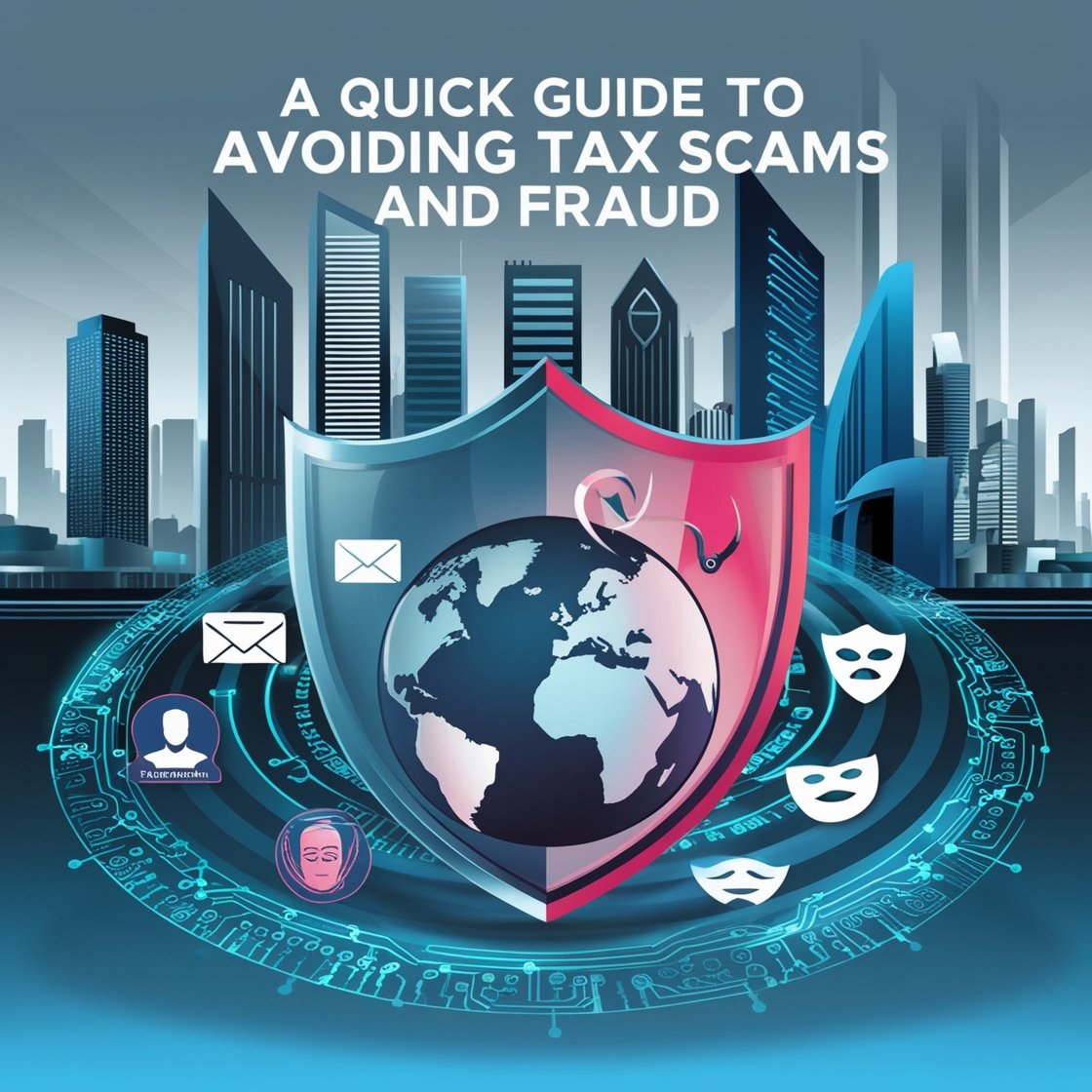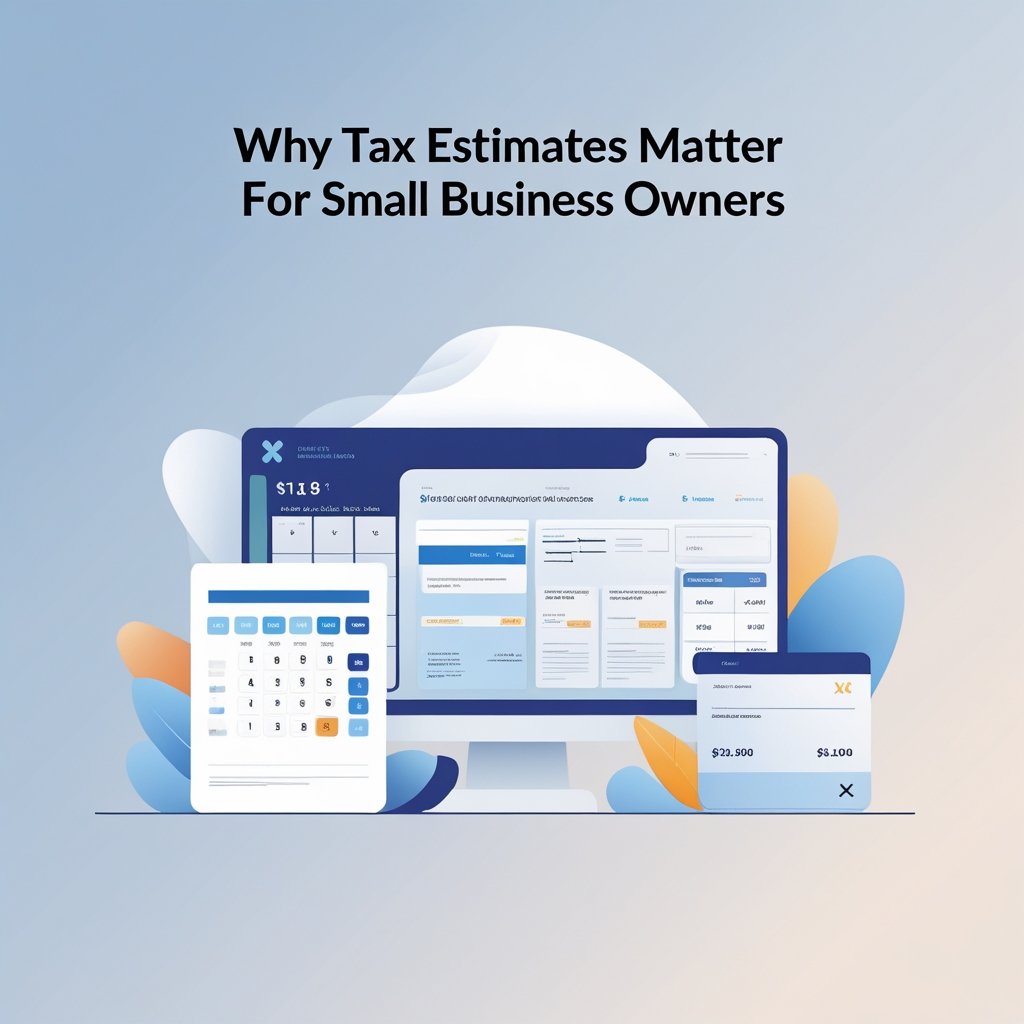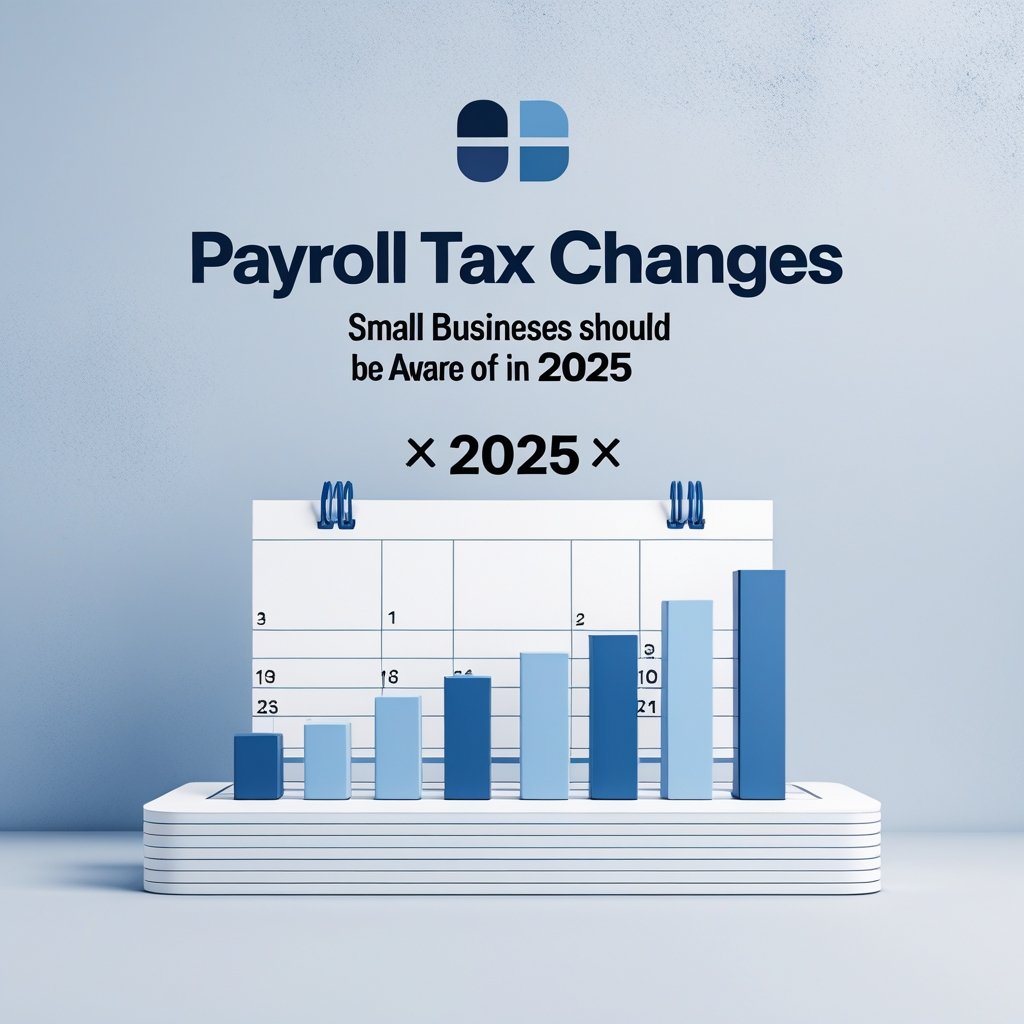Tax season can be a stressful time, and unfortunately, it’s also a prime opportunity for scammers and fraudsters to target unsuspecting taxpayers. From phishing emails to fraudulent phone calls, tax scams can result in financial losses and identity theft. Here’s a quick guide to help you identify and avoid common tax scams and protect your personal information.
- Recognize Common Tax Scams
Understanding the tactics scammers use is your first line of defense. Some of the most common tax scams include:
Phishing Emails and Texts
Scammers send fake emails or text messages that appear to be from the IRS or other official entities. These messages often contain links to malicious websites designed to steal your personal information.
Phone Scams
Fraudsters posing as IRS agents may call, demanding immediate payment for “taxes owed” and threatening legal action if you don’t comply. They often insist on payment through untraceable methods like gift cards or wire transfers.
Identity Theft
During tax season, identity thieves may use stolen personal information to file fraudulent tax returns and claim refunds in your name.
Fake Tax Preparers
Unscrupulous individuals posing as tax preparers may promise large refunds or ask for sensitive information, which they use for fraudulent purposes.
- Verify IRS Communication
The IRS typically communicates with taxpayers via mail. Here are some key points to remember:
- The IRS will not initiate contact with you through email, text, or social media.
- The IRS does not demand immediate payment over the phone or threaten to involve law enforcement.
- Official IRS letters or notices will always include detailed instructions for resolving any issues.
- Safeguard Your Personal Information
Protecting your sensitive data is critical to avoiding tax fraud. Follow these best practices:
- Use Secure Websites: When filing taxes online, ensure the website URL begins with “https” and includes a padlock icon.
- Shred Documents: Dispose of any paper tax documents you no longer need by shredding them.
- Protect Your Social Security Number: Only share your SSN when absolutely necessary, and never via email or text.
- Enable Two-Factor Authentication: Use this feature on accounts containing personal or financial information for added security.
- Choose a Reputable Tax Preparer
If you hire a tax professional, make sure they’re legitimate. Here’s how to vet them:
- Check their Preparer Tax Identification Number (PTIN): All paid preparers must have one.
- Look for credentials such as CPA, EA (Enrolled Agent), or tax attorney.
- Avoid preparers who base their fees on the size of your refund.
- Always review your return before it’s submitted and ensure the preparer signs it.
- Monitor Your Tax Records
Stay vigilant about your tax filings and records:
- Set Up an IRS Account: Create an account at IRS.gov to monitor your tax history and ensure no unauthorized filings occur.
- File Early: Filing your taxes as early as possible can prevent identity thieves from submitting a return in your name.
- What to Do If You Suspect a Scam
If you believe you’ve been targeted by a tax scam, take immediate action:
- Report Phishing Emails: Forward them to phishing@irs.gov.
- Contact the IRS: Call 800-829-1040 to verify any suspicious communication.
- Report Identity Theft: Visit the IRS Identity Theft Central for guidance.
Freeze Your Credit: If your personal information has been compromised, consider placing a fraud alert or credit freeze on your accounts.






